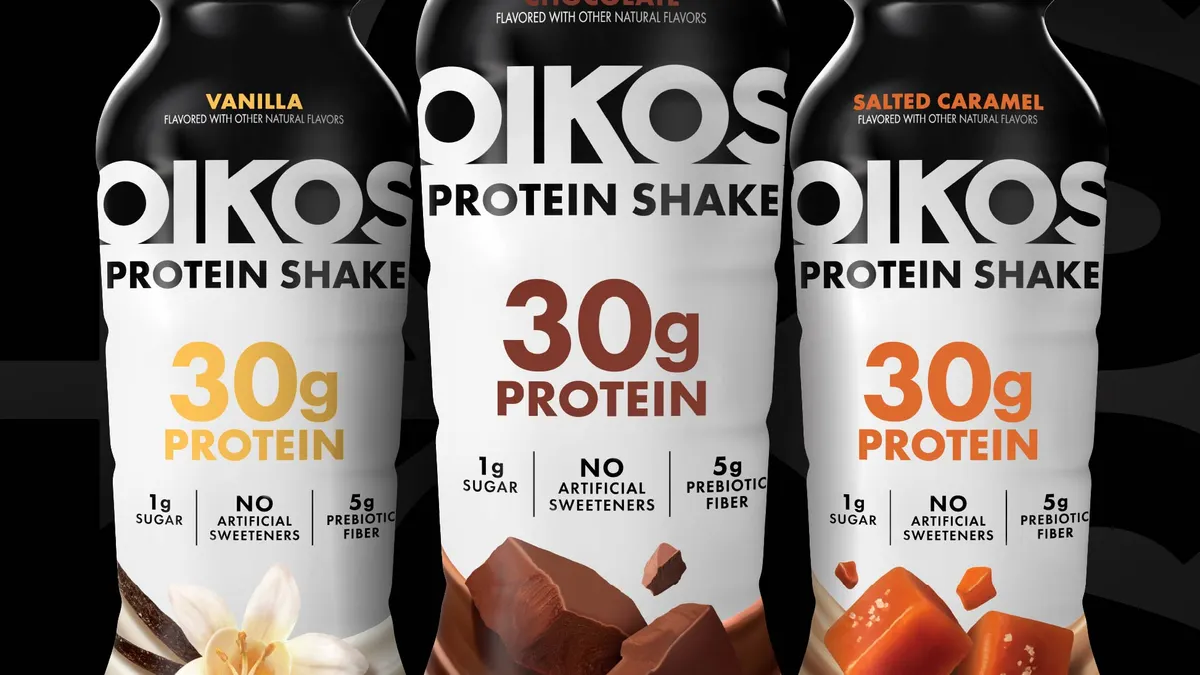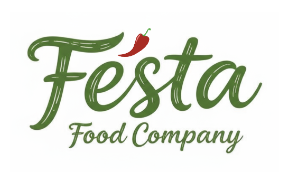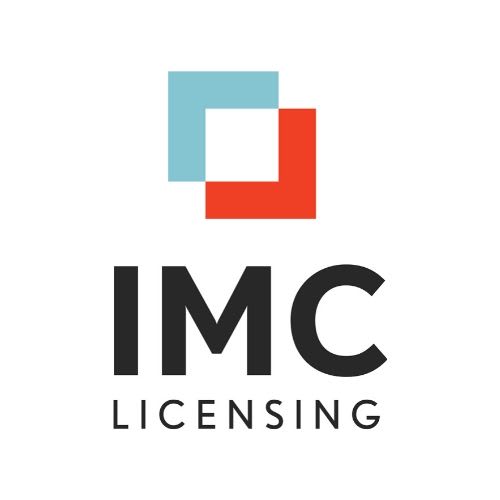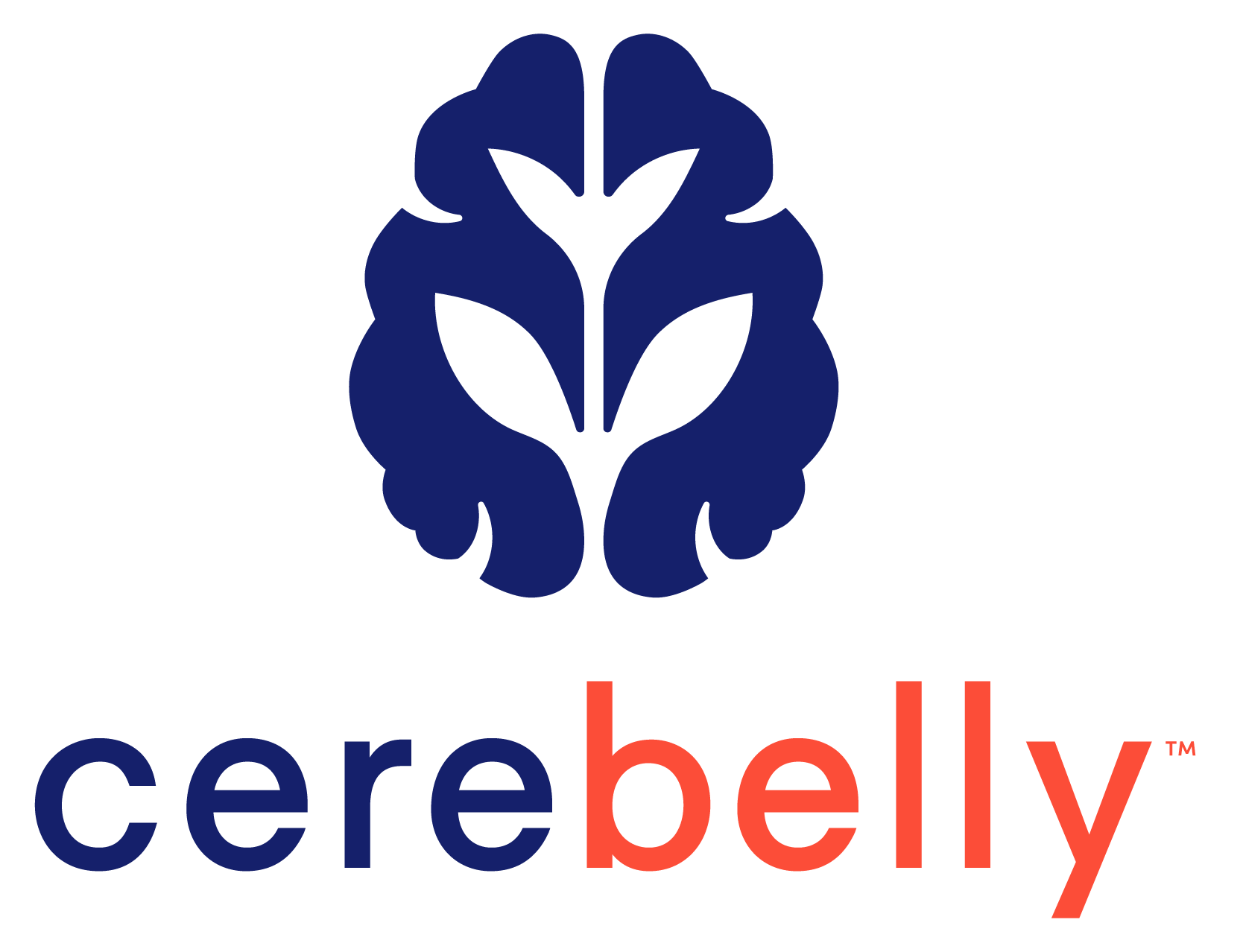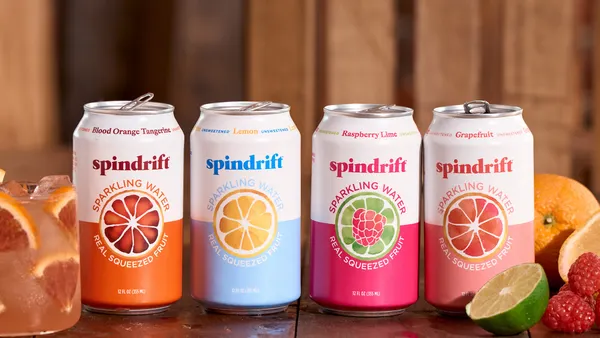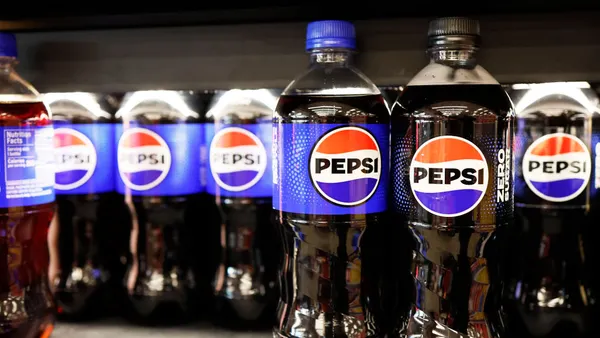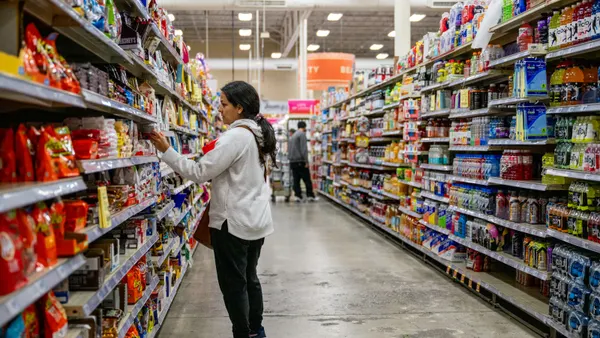Dive Brief:
- Danone said it is struggling to meet demand for its high-protein yogurts due to a lack of manufacturing capacity in the U.S.
- The Activia and Oikos owner is “quite seriously kept by production capacity” as high-protein yogurts “continue to fly” off the shelves, Juergen Esser, Danone Group Deputy CEO and chief financial, technology and data officer, told investors.
- Supply constraints have prevented Danone from rolling out new innovations across the rest of its yogurt portfolio. “We have been particularly shy because there was no capacity available,” Esser said.
Dive Insight:
Protein has become a powerhouse ingredient in the U.S., with food companies adding it to everything from waters to desserts. Rising interest in health, plus the growing use of GLP-1 medications for weight loss, has left consumers clamoring for convenient, tasty options to get their protein.
Yogurt makers have been one of the biggest beneficiaries of booming protein demand. Danone, the world’s largest maker of the dairy offering, said sales have soared among those taking weight-loss drugs. The dairy giant has rushed to meet demand, including through the launch of high-protein shakes.
However, as consumer appetite for protein-packed yogurt reaches a fever pitch, Danone and other dairy companies are struggling to secure enough manufacturing capacity to meet demand. Esser called the supply situation “really tense” in the third quarter, though he noted more capacity should come online in the next few months.
In the U.S., half of Danone’s portfolio is Greek yogurt, Esser said, with most offering high protein. Danone recently launched a high-protein Oikos yogurt shake targeted at consumers taking GLP-1s. The company is selling to a few retailers to build awareness before deciding on “the level of acceleration” for 2026, Esser said.
In September, Esser said Danone’s emphasis on high-protein has led to “trade-offs,” and the company “cannot serve all the demand we have on the rest of the product portfolio in yogurt.”
The company is expanding production capacity in several plants across the U.S. to meet demand. In August, Danone said it would invest millions of dollars to expand and upgrade its Minster, Ohio, facility amid “explosive growth” in yogurt.
Capacity constraints contributed to softer growth for Danone in North America during the third quarter. The company reported a 4.8% increase in like-for-like sales across the business, with North America growing the slowest of all regions at 1.5%.
The protein market is valued at $114.4 billion as of 2024, according to Mintel, and is projected to grow at an annual rate of 1.9% through 2028.


